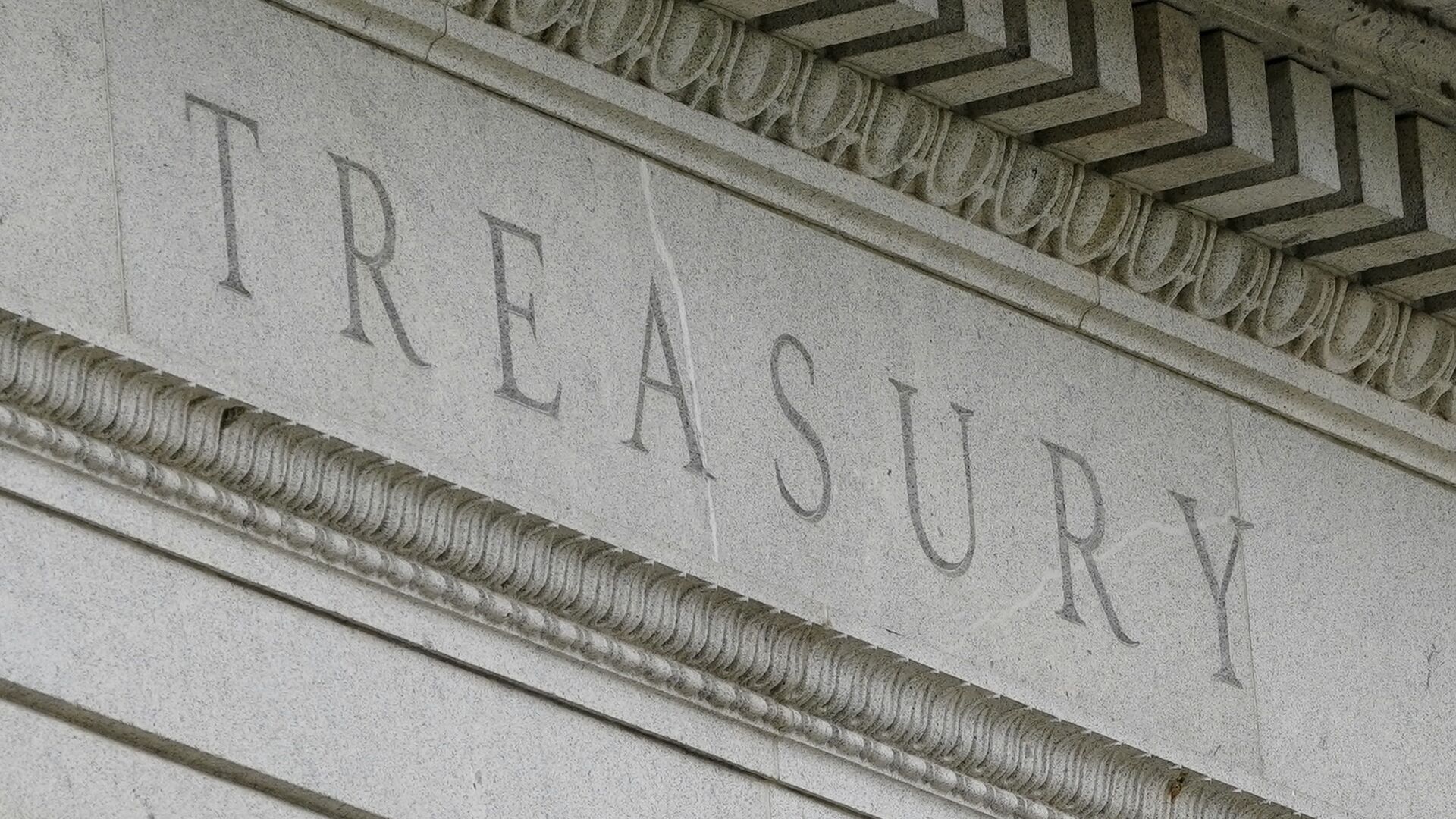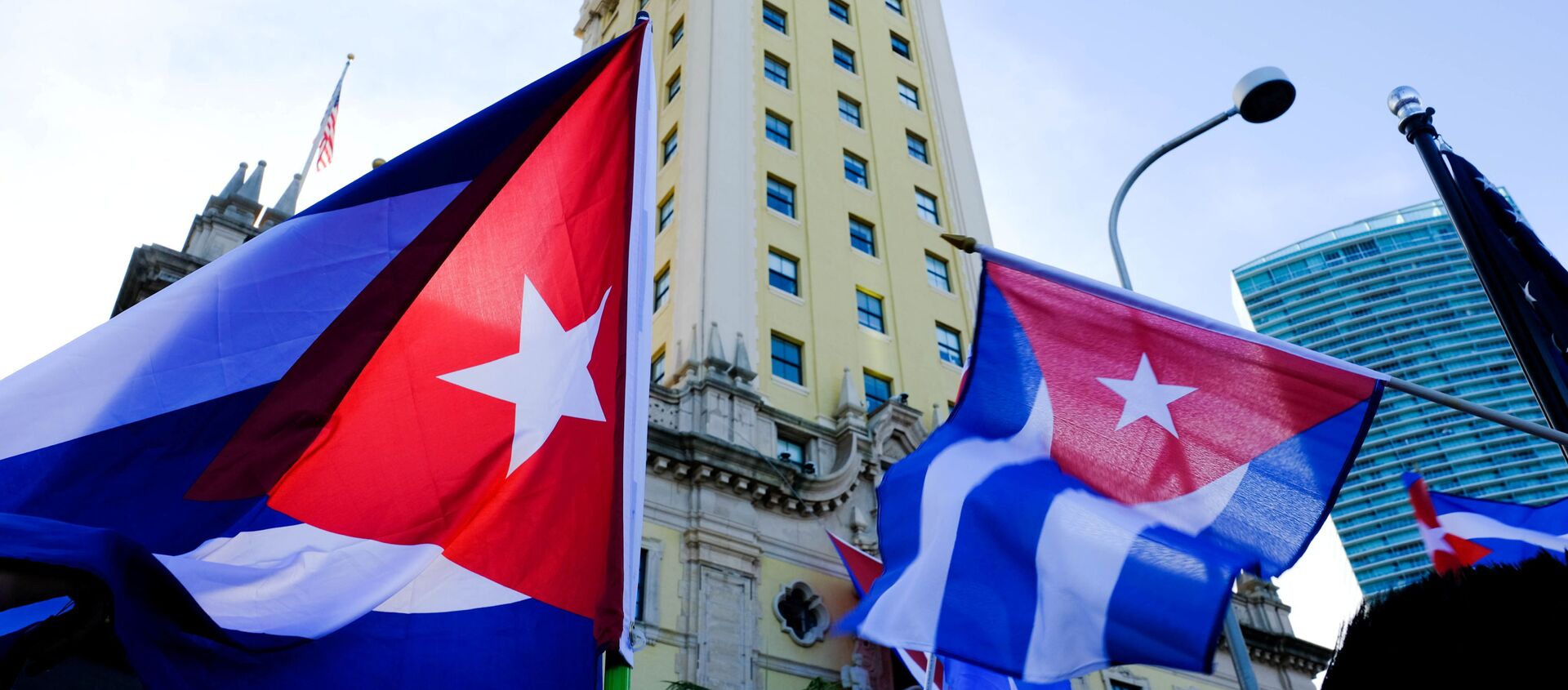US Targets 3 Cubans With Magnitsky Sanctions Including Head of Central Army
23:01 GMT 19.08.2021 (Updated: 13:22 GMT 06.08.2022)

© AP Photo / Patrick Semansky
Subscribe
WASHINGTON (Sputnik) - The United States targeted three Cuban nationals with Magnitsky sanctions, including Central Army chief Andres Gonzalez Brito, the US Treasury Department said in a notice.
The US government also designated Abelardo Jimenez Gonzalez and Roberto Legra Sotolongo, who is Deputy Chief of the General Staff Revolutionary Armed Forces, the notice said on Thursday.
The Treasury Department said in a separate press release that it sanctioned the three persons in response to the recent violence the Cuban government inflicted on peaceful demonstrators.
BREAKING: The US imposed even MORE sanctions on Cuba today, citing alleged government repression in response to anti-government protests on July 11. The Biden administration has announced four rounds of sanctions in the span of five weeks. https://t.co/EcYlNtJadM
— Human Rights Watch Watcher (@queeralamode) August 19, 2021
“Today’s action exposes additional perpetrators responsible for suppressing the Cuban people’s calls for freedom and respect for human rights,” Treasury Department Office of Foreign Assets Control Director Andrea Gacki said.
The US government accused Legra Sotolongo of deploying a military police unit against protesters, the release said.
Gonzalez Brito was designated for leading the Central Army, which is already under US sanctions, while Jimenez Gonzales is responsible for the treatment and disposition of people imprisoned in Cuba, the release added.
Cubans rallied in the streets demanding improved economic conditions, as the island nation is going through hard times due to the tightening of the US economic embargo. The US government has accused the Cuban authorities of oppressing the country's opposition and restricting access to information, including during the recent protests in July.
In response, Havana said that Washington has no right to make any statements regarding demonstrations in the Latin American country.
The administration of former US President Donald Trump intensified the trade embargo in place on Cuba since 1962 by adding 243 new coercive measures against the Cuban government over four years that remain in effect to this day.


